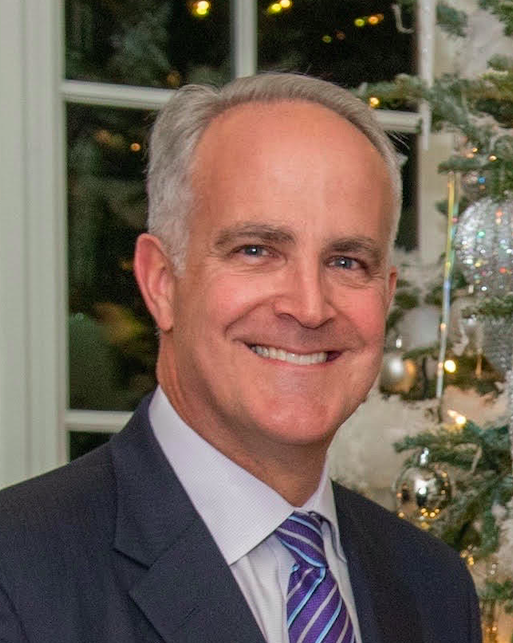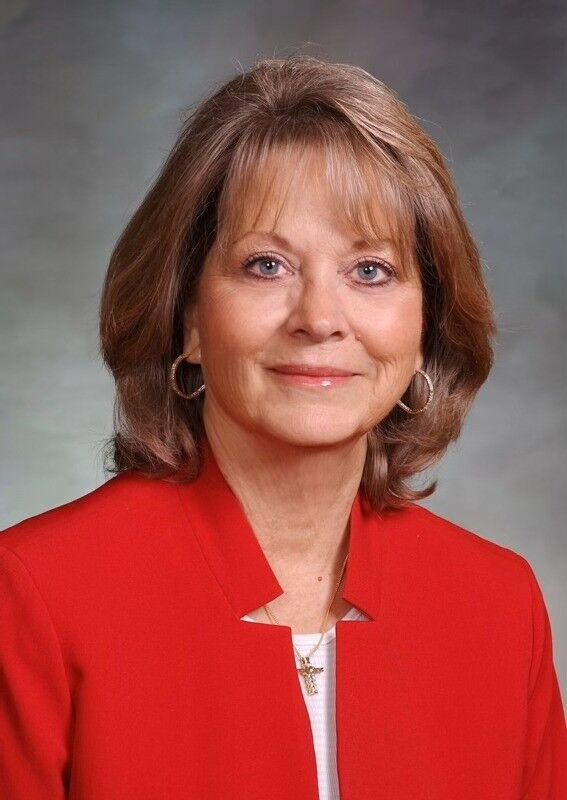POINT | Eliminate Colorado’s outdated caucus


COVID-19 highlighted what many have recommended for several years: The arcane caucus and assembly process, first foisted upon Colorado political parties at the turn of the last century, is an outdated, ineffective, poorly attended, disenfranchising system that needs to be eliminated.
Also read: COUNTERPOINT | Be a Bronco – keep the caucus
Since fewer than 5% of voters bother to attend their precinct caucus, the complex process bears some explanation. Every two years, the Democratic Party and the Republican Party are forced by the Colorado legislature to spend hundreds of thousands of donated dollars, print reams of documents, and expend countless volunteer hours to book schools and other facilities across the state. All this is so a minuscule minority can get together on a winter evening to select delegates who will attend various assemblies.
Later, in early spring, parties must reserve more facilities, from small spaces to those accommodating up to 6,000 people, where those delegates get together to determine which candidates are allowed to appear on their party’s primary ballot. If it seems unnecessarily complicated, it is actually worse; and when you add scores of committees, vendors, rules, procedures, bylaws, and legalities, it can be daunting for volunteer organizations with high turnover. But those aren’t the major problems.
These caucuses are innately disenfranchising, because voters must be present to participate. It excludes deployed military, business travelers, the sick or infirm, and those with unreliable babysitters. If COVID-19 social distancing and meeting prohibitions had been in place only one month earlier, all voters would’ve been excluded and the whole process would have been completely untenable. Any system that inherently disenfranchises any voters in this way is inherently broken and needs to be junked.
The process is also an unfunded mandate: the legislature coerces private political organizations and commands them to select their leaders and representatives in the way that it sees fit. This forces parties to expend significant time and treasure in ways that they, if they were captains of their own ships, might spend in more efficient or productive ways. This is injustice. Political parties and their members should be able to decide their own methods for selecting their candidates for the general election.
Our caucus and assembly mandate is frankly “soft socialism” whereby government controls the means of production, not through direct ownership, but by over-regulating and passing laws that usurp legitimate private control. It’s a form of legislative tyranny over private organizations.
As recent Democrat experience in the Iowa caucus demonstrated, the diffuse nature of caucuses and the large number of assemblies are insurmountable barriers to consistency and quality control. The system also exposes those managing these assemblies – our most dedicated volunteers – to expensive lawsuits. It’s a horrifying scenario for an all-volunteer organization to have its most devoted workers subjected to these threats.
The state legislature needs to end this horse-and-buggy chaos, stop subjugating parties’ nomination processes, and free them to operate as their members choose. I am not optimistic that legislators will give up that amount of power and control, but we already have a process that is a vast improvement, and that is our existing primary.
Although our current primary method has some flaws, it is already in place – a sunk cost – and people understand and support it. It uses proven technology, expands voter participation, accommodates absentee voters, leaves a secure paper trail, and is run by generally experienced professionals. It’s time to move forward and leave the broken caucus and assembly in the past where it belongs.
Jeff Hays is the immediate past chairman of the Colorado Republican Party. He lives in Monument.













